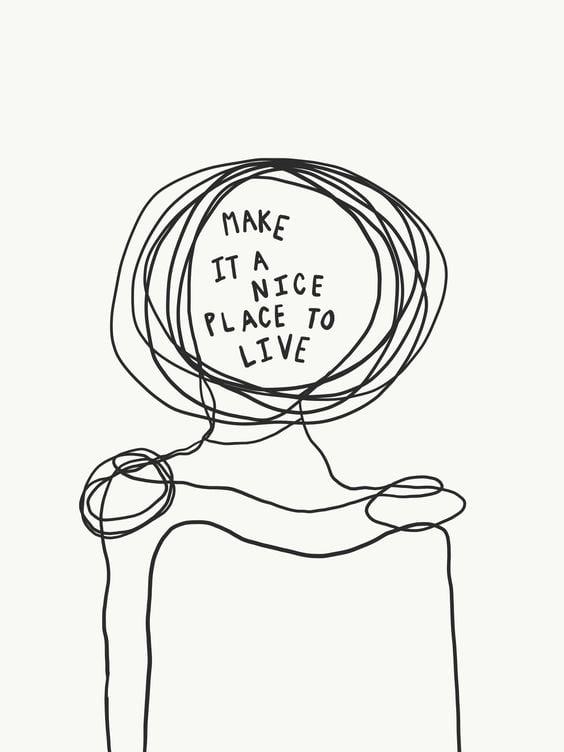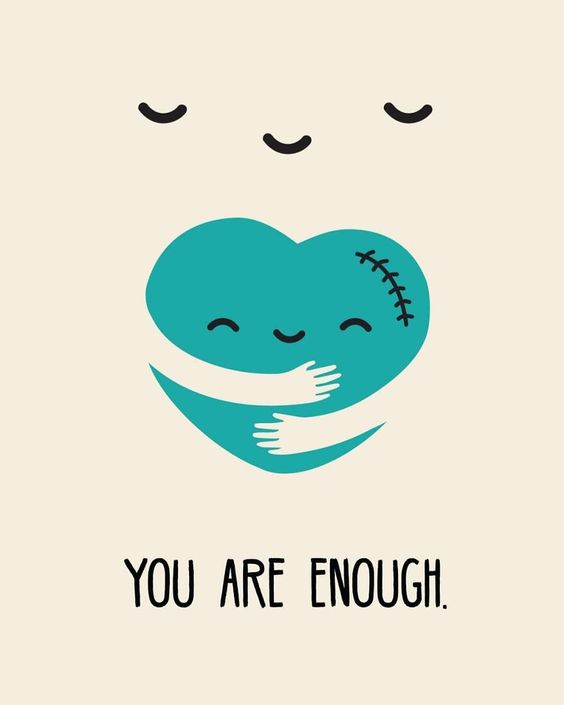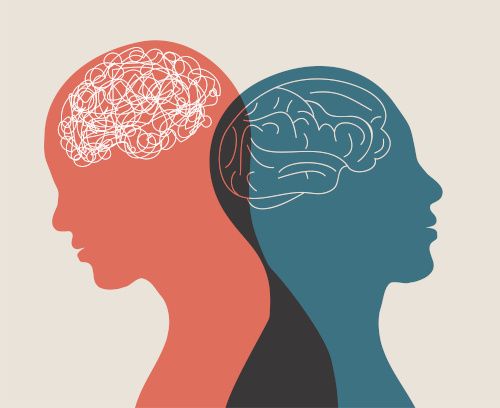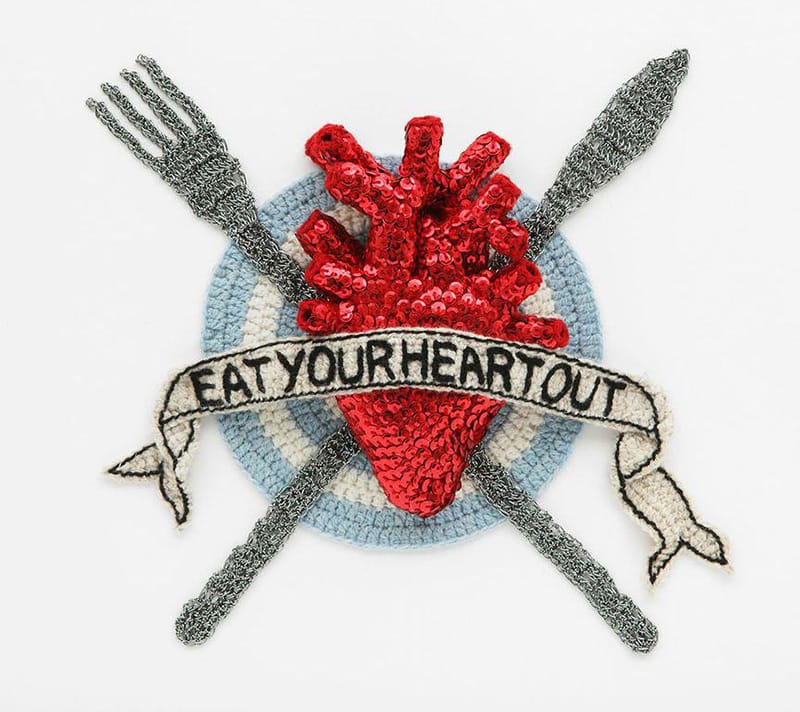October is mental health awareness month in South Africa. Globally, it is a day recognized on the 10th of October. Part of the work that needs to be done in the advancement of mental health awareness, over and above the signs and subtle symptoms we are often told about, is to unmask a common but unrecognizable face of mental illness. A face hidden in plain sight. Many people suffer in silence yet display the broadest smiles, loudest voices and most enchanting echoes of laughter. The most productive and present. Those around us who have it all together exteriorly. Now that is where statistics of mental health illness lie buried, difficult to unearth.
The World Health Organization in 2022 reported that 1 in every 8 people globally suffers from mental illness. It is a growing debilitating condition that has fast become the leading cause of disability yet is preventable. Proactive mindfulness in the form of education about mental health is the beginning stage. We often open up the conversation after catastrophic news about hospital admission, deteriorating health or even worse-suicide. It does not have to get there, making the conversation of mental health a fully-fledged educational discussion that is part of our lives should be the norm. Just as we do not wait for vehicles to run out of petrol before the conversation of filling up the tank is brought up. Forming strong relational bonds with family and friends for social support. Therapy plays a huge role in debriefing, and assessing one’s mental and social wellbeing — setting the scene for healthier, solidified bonds with boundaries. Consistency in making healthier, balanced lifestyle choices coupled with good coping skills in times of mounting stress cannot be emphasized more.
By the time we get to signs and symptoms of mental health showing up, it usually is an indication that that area has been left wanting and void for too long. This is why we speak of primary, secondary and tertiary prevention. Primary prevention is what is described in the paragraph above as steps necessary to maintain a healthy mental state. Leading a healthy lifestyle, being screened periodically by a therapist to assess your current status in terms of self-awareness, challenges, knowing when you are not coping and endowed with the necessary tools to cope with what is a challenge to you in that moment. Identifying a problem knowing what steps to take and executing them well is a sign of progress. Taking time to reflect and honestly categorize your mental space and the kind of help you need before being diagnosed with a full-blown mental illness, be it in the form of post-traumatic stress disorder, a phobia, depression or commonly-anxiety is an indication of good self-awareness.


Secondary prevention is when a diagnosis has already been made. Here, one is either being treated with: psychotherapy only, psychotherapy with medication, the latter with group therapy/additional behavioural therapy modalities, or a combination of all and hospitalization depending on the diagnosis and severity.
Tertiary prevention is the prevention of further deterioration from an already existing mental health condition. Many people live with chronic conditions. This is to say that it is permanent and can be controlled with medication and psychological interventions such as psychotherapy. Well-maintained treatment can prevent relapses over long periods.
What most health departments strive for is to ensure primary prevention is the most dominant as it ideally ensures more optimal mental health.
What then can the reader do with this information? Well, maybe one can start by categorizing where they fall in the prevention ladder and align with the necessary steps there. Primary prevention: Visit a therapist, lead a healthy life, build a supportive community around yourself and manage your stress well with mindfulness.
Secondary prevention: Apply primary prevention tactics but also comply with the medication prescribed to you by your doctor or psychiatrist. Do your due diligence by completing tasks assigned to you by your therapist. Know about your diagnosis and ask questions where you do not understand.
Tertiary prevention: Both Primary and Secondary principles apply. But I also feel the need to emphasize that you be kind to yourself. Be patient with yourself and know that you are doing your best under the circumstances. Mental health is an illness like other chronic illnesses. Nobody wakes up and decides to have it. Genetics, environmental factors, family history, stress and so forth all play a role.
A little self-love, kindness and patience with ourselves FIRST, goes a long way. We then can extend that part of ourselves to others.
We all are doing the best we can. Be kind, be mindful, be patient.






No Comments